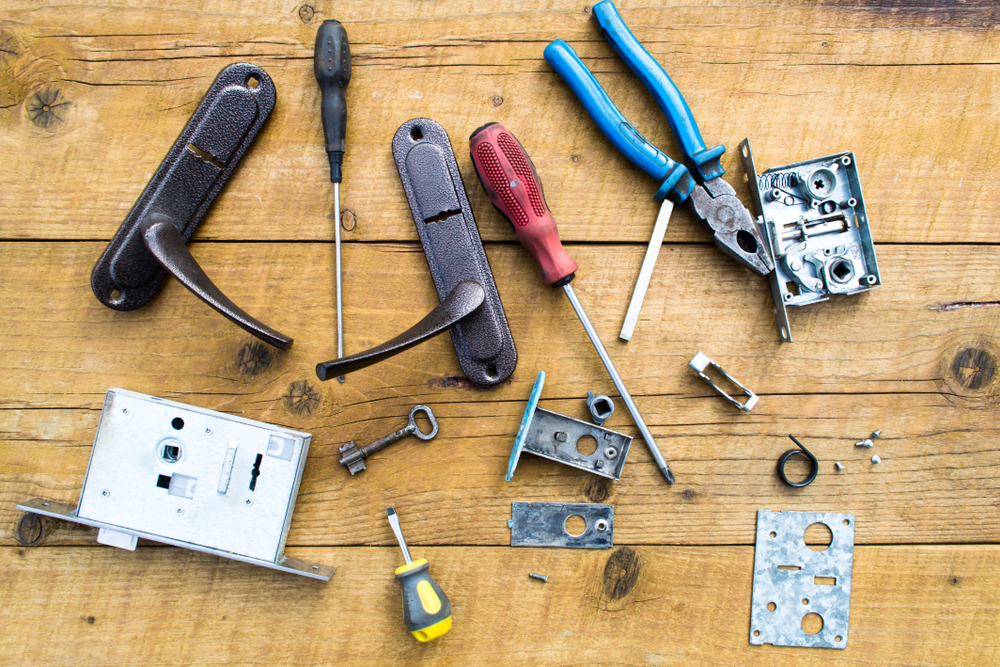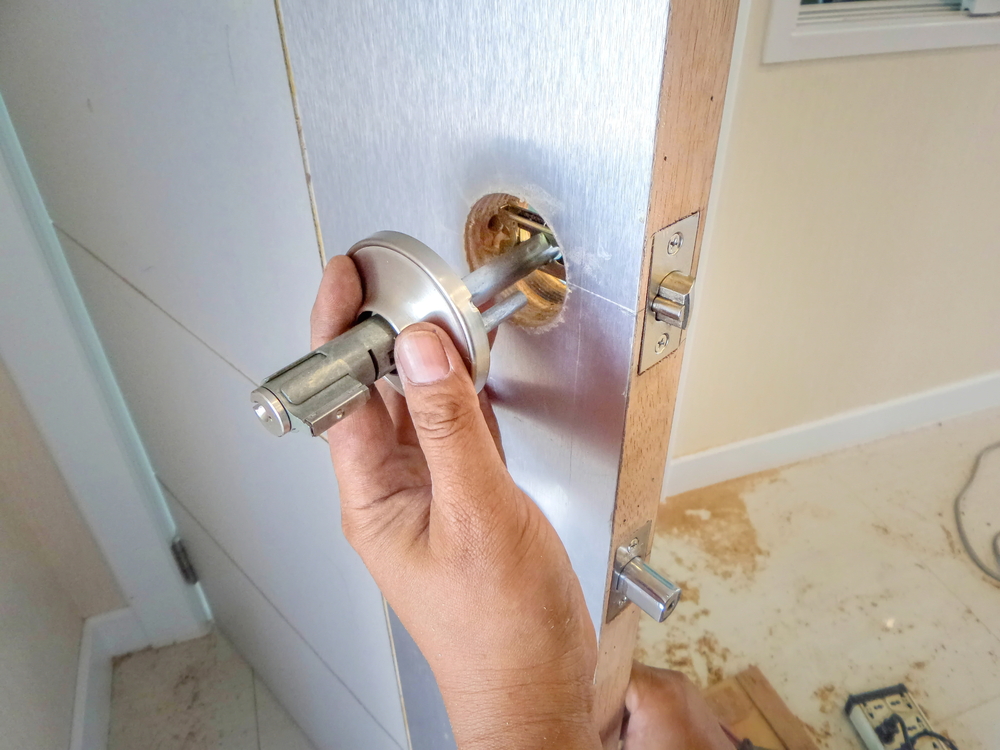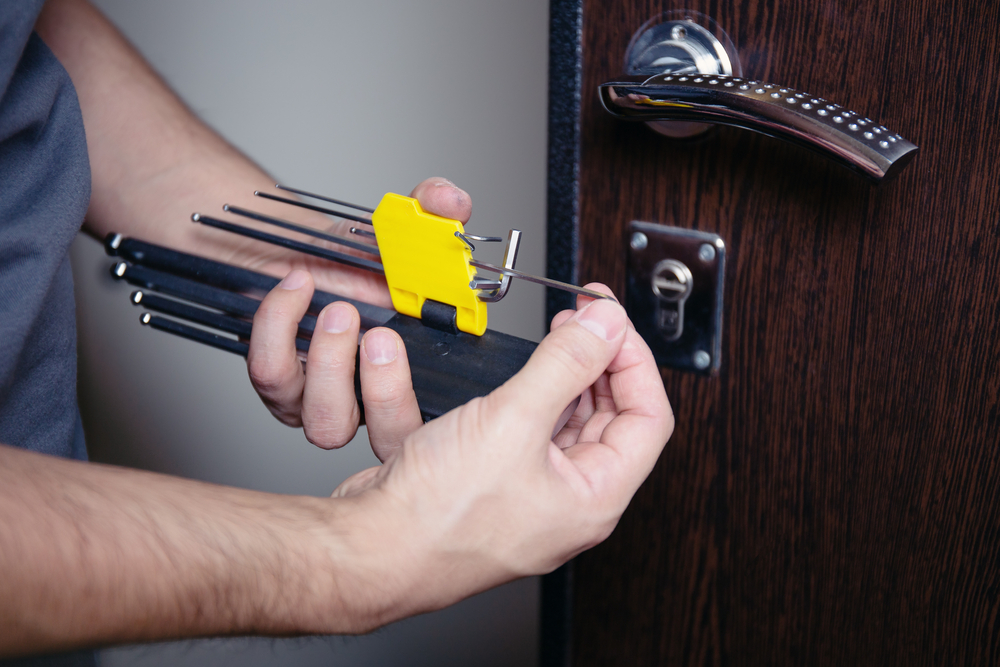Have you ever wondered what the difference is between rekeying locks or replacing them altogether? While they might seem fairly distinctive from each other, it is also important to understand when you would need to do one or the other.
If you ever have an issue with your door locks and/or keys, it is important that you know whether it is better for you to simply rekey your lock or replace it. As such, we’re here to help you understand the difference between the two and how an emergency locksmith can help.
If you would like to learn more about this, then please keep on reading.
What Is Rekeying A Lock?
Rekeying a lock involves switching the working key of the lock with a new key. Afterward, the lock’s locking mechanism will also be altered. This is done by dismantling the lock and manipulating the key pins or tumblers inside of it.
Every lock has an arrangement of key pins that correspond to a certain key. This means that once you insert a specific key inside the lock, it will be able to unlock the lock.
Thus, changing the key pins when you rekey a lock ensures that the old key will not be able to unlock the lock anymore. The procedure is relatively simple because all the locksmith will do is rearrange the key pins.

What Is Replacing A Lock?
In comparison to rekeying a lock, replacing a lock is straightforward. It simply involves replacing the lock with a new one.
Replacing locks might seem like an easy job, but it is always best to replace locks under the supervision of a locksmith. This is so that they will be able to ensure that the new lock you get is best-suited to your security needs.
Rekeying vs. Replacing A Lock
As previously mentioned, there are different reasons why you would either rekey a lock or replace it entirely.
There are a number of reasons why one would opt to replace their lock. Replacing or changing locks is often done if you want to upgrade your security systems to systems such as electronic locks or access control systems.
Others would opt to replace their lock simply if they are looking for a better design. This can be true especially if you are moving into a new area that only has old, rusty locks.
Replacing locks is also common if you want to ensure that the brands of all of your locks match each other.
On the other hand, rekeying locks is carried out for various reasons. One main reason for rekeying locks is if you do not want the old key to operate the lock that you have. This is common if you move into a new house and do not know who else has the same key; if you lost your key and are afraid someone will find it; or if you want to prevent someone who has the key from entering.
You can also choose to rekey your lock if you have different keys for different locks and wish for all your locks to match one key. This is pretty common especially if you move into a new area or property that already has existing locks.

Final Thoughts
Replacing locks involves replacing a lock entirely while rekeying a lock involves rearranging the key pins in order to disable the old key from unlocking it.
Aside from this primary difference, they also differ in their purpose. Replacing locks is often done if you want to upgrade security systems, need a nicer looking lock, or want to replace dysfunctional locks.
Meanwhile, you can rekey your locks if you simply want to prohibit the access of others who may have your old key to your lock or if you want to standardise the brand of all your locks on your property or keep your home secure.
Nonetheless, both these services should be done with the help of an experienced locksmith, who will be able to help you decide which of the options is most suited for you and your property’s security needs.
If you are looking for the best locksmiths in Melbourne for your lock choices, Casey Locksmiths is the preferred choice for all your locking needs.
Please call us today on 0416 161 332 or contact us through our enquiry form.

